
PASC (postacute sequelae of COVID-19) was found to persist for at least 6 months in more than half of those contracting the infection.
Ken reports on medical innovations and advances in practice and edits presentations for news and professional education publications. He previously taught and mentored pharmacy and medical students, and provided and managed pharmacy care and drug information services. He regularly contributes to Contagion Live, Patient Care Online and Pain Medicine News.

PASC (postacute sequelae of COVID-19) was found to persist for at least 6 months in more than half of those contracting the infection.
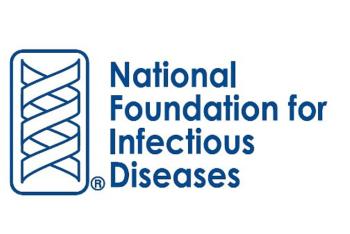
New survey finds little more than half of US adults are planning to obtain vaccination against influenza despite urging by health officials.
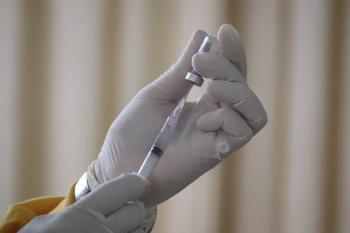
New clinical trial is first to describe concomitant administration of any vaccine with either an adenoviral vector or mRNA COVID-19 vaccine.

A third dose booster vaccination given to persons 60 years of age or over in Israel was confirmed to lower their rate of COVID-19 infection compared to a 2-dose regimen.

The Centers for Disease Control and Prevention's (CDC) VISION Network of health care systems provided data for test-negative design analysis of vaccine effectiveness in preventing COVID-19 acute admissions.
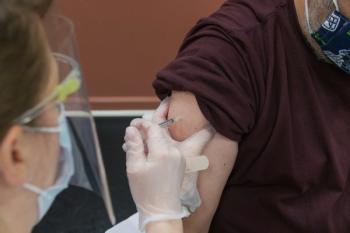
Pfizer-BioNTech and Moderna mRNA vaccines provoke different levels of antibody response within and between age groups.

Islatravir exerts multiple mechanisms against HIV, demonstrates treatment effectiveness with doravirine, and is a potential weekly or monthly oral PrEP.
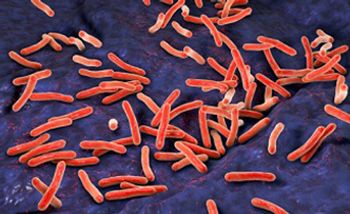
Persons living with HIV are susceptible to TB and also appear at increased risk for infecting strains acquiring rifampicin-resistance.

The National Institutes of Health (NIH) announces single injection of monoclonal antibody against the Plasmodium mosquito-borne parasite prevented malaria throughout 9 month phase 1 trial.

The World Health Organization (WHO) announces the Solidarity PLUS platform trial of drugs repurposed to treat COVID-19 after Solidarity trial candidates disappoint.
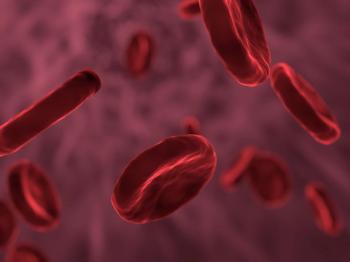
Three international trials combine data to find optimal heparin dosing against hypercoagulability and thrombosis in patients with COVID-19.

Reviewers attribute less severe COVID-19 symptoms in patients with HIV and low CD4 count to reduced capacity for immune reactions including cytokine storm.

A seven-day course of antibiotics was as effective as 14 days in treating urinary tract infection in afebrile men.
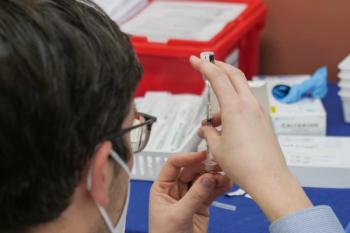
Asymptomatic and symptomatic COVID-19 cases among health care personnel were reduced after vaccination despite surge in infected patients.

Exposure to antibiotics in childhood was found to have small effect on trajectory of body mass index milestones.

Providing "social normative feedback" to physicians succeeded in lowering antibiotic treatment duration and cost, with less effect on prescription volume.

Increased respiratory viral testing for COVID-19 and Influenza could have contributed to improved antibiotic prescribing for respiratory symptoms.

The course of COVID-19 illness was likely to be less severe than of influenza in a study of hospitalized children.
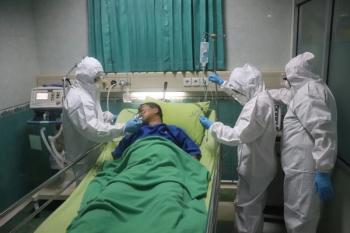
Investigators in Brazil attribute Trichosporon asahii fungemia in critically ill COVID-19 patients to “overexposure” to antibiotics and corticosteroids.

Five people in 4 US states in the 20-21 influenza season contracted influenza A virus variants commonly spread among pigs, but without person-to-person spread.

Pre-existing medical conditions as well as "medical complexity" increase risk for severe COVID-19 illness and hospitalization in children.

Rapid respiratory virus test results for children in an emergency department could be received too late to inform antibiotic prescribing.
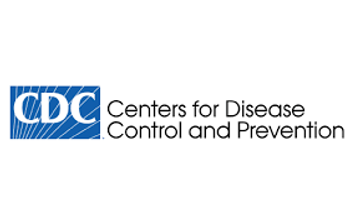
A county-level study of COVID-19 vaccination rates by the US Centers for Disease Control and Prevention (CDC) reveals substantially lower rates in rural than in urban areas in the US.

Study of biomarkers of epigenetic aging in patients with HIV finds antiretroviral therapy partially reverses the accelerated aging associated with the infection.
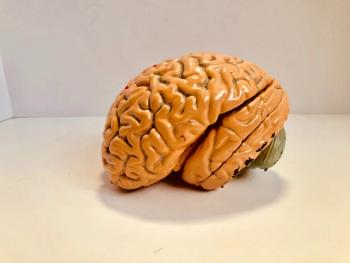
As pre-existing conditions like diabetes are linked to more severe COVID-19, neurological symptoms could portend higher risk of in-hospital death.

Rifapentine-moxifloxacin based anti-tuberculosis regimen shortened the conventional six-month course of treatment to four.

Machine learning improves prediction of bacterial sepsis among immunocompromised recipients of stem cell transplant.

The 6th major component of the 1-year old ACTIV public-private initiative of the NIH will test candidate drugs to repurpose for COVID-19.
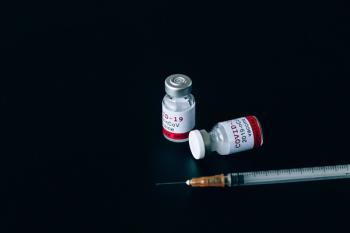
Severe blood clots reported with 2 COVID-19 vaccines are rare, but possible heightening of vaccine hesitancy would lower floodgates to pandemic waves
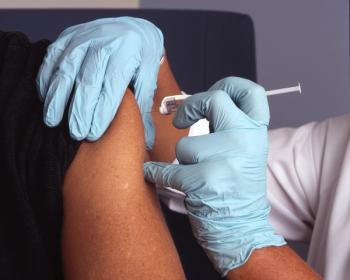
Pathologic antibodies to platelet factor 4 in patients who developed clots after the AstraZeneca vaccine indicates treatment include non-heparin anticoagulant.